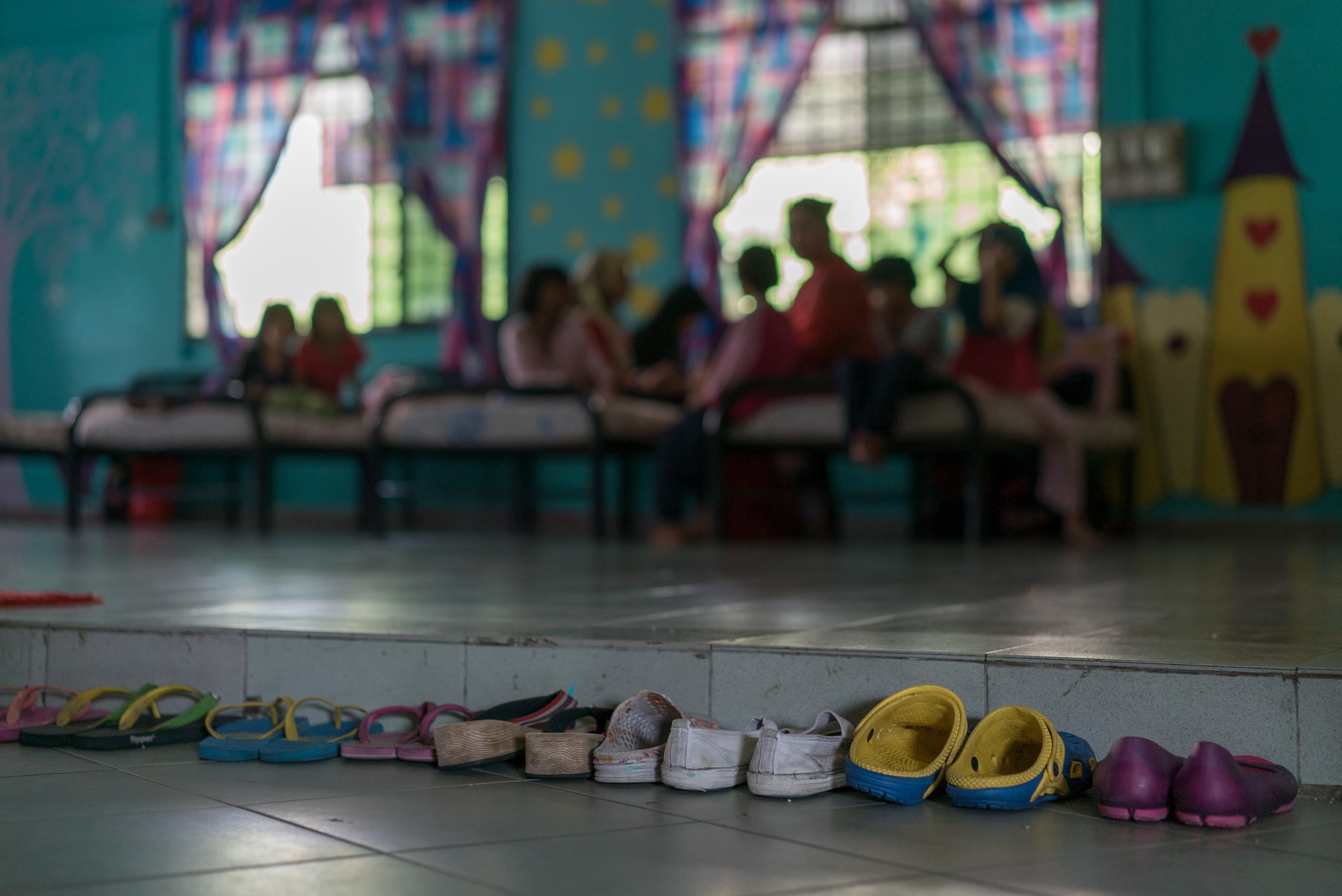A WANITA MCA leader has expressed concern over the state of orphanages and welfare homes in Malaysia, which she pointed out reveals systemic failures that affect child welfare and human rights.
According to its deputy chairperson Tee Hooi Ling, the government needs to establish a comprehensive licensing system to ensure that only vetted and approved facilities are allowed to operate as many are in unregistered orphanages that lack proper regulatory oversight.
“While some of these orphanages were initially established with good intentions, they were primarily set up to generate income from donations,” she stated.
“Thus, developing robust financial plans for orphanages and fostering collaboration between government agencies and NGOs can enable effective use of donations and resources.”
Tee’s statement came in light of reports of unregistered orphanages and welfare homes being established by well-meaning individuals and NGOs which further shed light on issues related to inadequate funding.
She said without stringent government oversight, there is a risk of funds being misused, leading to inadequate care, potential abuse, and neglect.
She said enhancing health and education support is also crucial, whereby improving access to nutrition, healthcare and educational resources will support the physical and cognitive development of institutionalised children.
As such, providing adequate training and support for caregivers is vital to meet the diverse needs of children and prevent maltreatment.
“To truly address the challenges in institutional care, prioritising deinstitutionalisation is crucial. By reintegrating children with their families or placing them in foster care with proper support, we ensure they grow up in nurturing environments,” she added.
“Combined with reforms in oversight, health and education support, caregiver training, and financial sustainability, deinstitutionalisation provides a comprehensive solution.”
Last year, the UN Children’s Fund Child Protection chief Saskia Blume revealed an estimated 64,000 children were living in orphanages in Malaysia.
But what makes the situation even more tragic is that 90% of the children are not parentless. In fact, there seems to be a trend where families would often place children in orphanages even when extended family members could provide care but choose not to.
This practice, driven by financial constraints or family size, can be detrimental to a child’s development, Tee warned.
She went on to re-emphasise the words of OrphanCare Foundation advocacy, communications and fundraising manager Riza Alwi who on Monday (Aug 12) stressed that placing a child in an orphanage just because the parents have several children and cannot afford to care for them is detrimental to child development.
“An orphanage is not a boarding school,” Riza had said. – Aug 15, 2024
Main image: FIFOTO Photography









